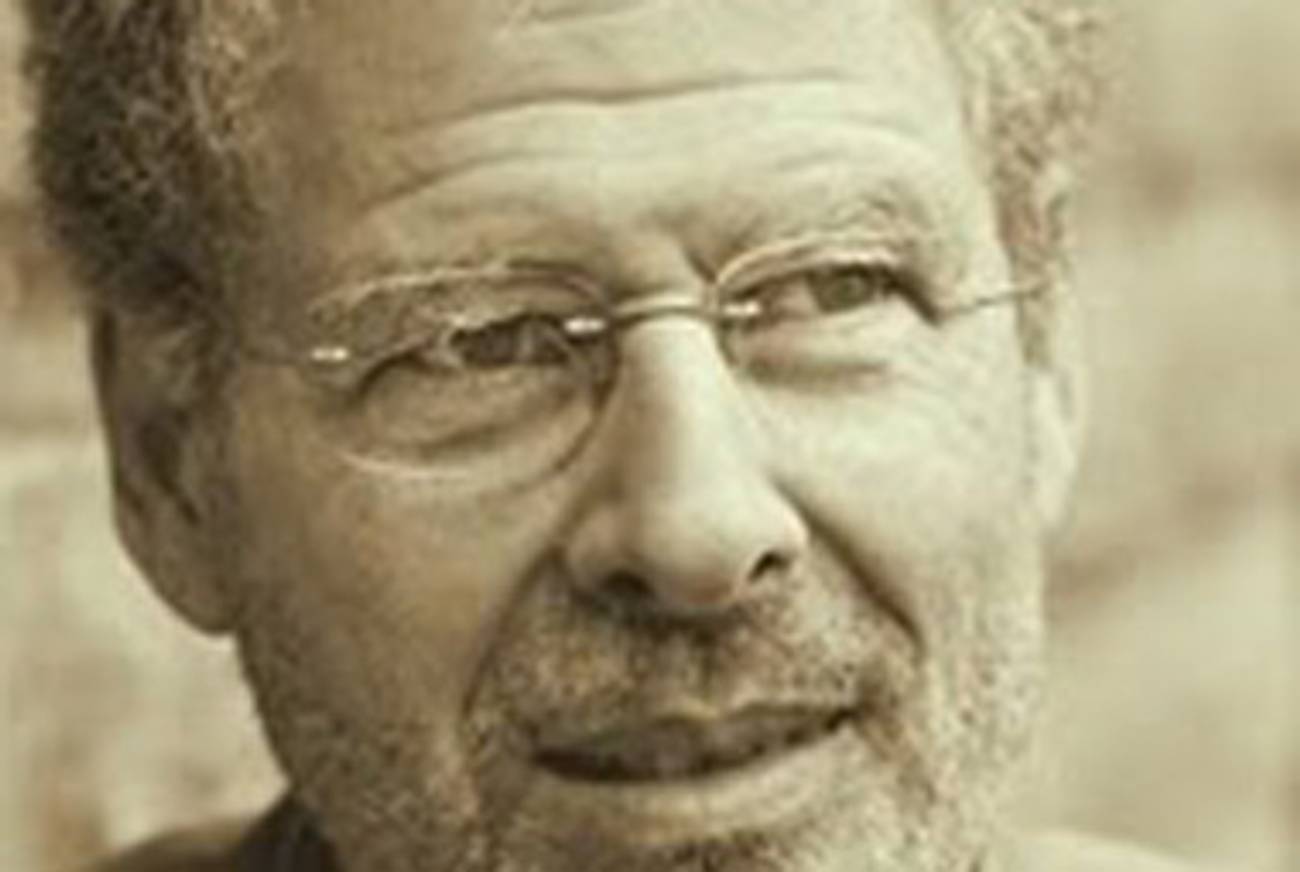The Too Jewish Jewish State
Avishai aims at Newhouse, misses




Bernard Avishai detects chauvinism in editor-in-chief Alana Newhouse’s argument against Israel’s controversial conversion bill. I’ll leave aside the ordinarily astute Avishai’s downright creepy choice of words—one doubts that, if he had been responding to a male writer, he would have used the word “sassy” or conjured up an image like “brunette fetishists.” The real discourteousness of his argument lies in his refusal to accept Newhouse’s ontological premise, which is that Israel is first and foremost a Jewish state, and as such is inherently connected to Jews the world over.
Resorting to the parlor game of what-if, Avishai invokes an imaginary scenario in which a newly independent Quebec announces that only Catholics are true Quebecois and accordingly awards them excessive rights. If that happened, Avishai quips, no serious intellectual would ever think that what’s at stake is merely a question of Catholic pluralism; instead, they would decry the fact that a democratic state “should presume to define or legally designate” an individual’s religious affiliation, “or award material privileges to individuals based on this legal designation.”
In his view, Israel, too, must be measured according to the yardsticks of Western democracies, those virtuous remnants of the Enlightenment that hold all men equal regardless of creed. “The Jewish state,” he writes, “began as a Jewish national home, distinctive for its Hebrew language and thick cultural soup, in which individual poets, politicians, etc., made individual choices about identity and voluntarily joined associations and movements inspired by what of Jewish civilization mattered to them.”
But actually, Zionism was more than a Costco of individual choices and personal freedoms. It was, and is, an ideology calling for the establishment of a Jewish homeland in the land of Israel; and it realized its fruition in a state founded by people who believed themselves chosen and in a territory they believed was promised to them by God. This is why it’s no Quebec, and this is why it answers to a higher authority when it comes to forging its identity as a modern nation. While Israel aspires to, and in most cases meets, the criteria of modern democracy, it is still primarily a Jewish state.
The conversion bill, Newhouse argued, is disastrous because it challenges a key assertion of contemporary Jewish life: Namely, that “the redemptive history of the Jewish people since the Holocaust has rested on the twin pillars of a strong Israel and a strong Diaspora, which have spoken to each other politically and culturally, and whose successes have mutually reinforced the confidence and capacities of the other.” From this premise, the logical conclusion comes easily: Placing the power to define the boundaries of belonging to the Jewish people in the hands of a tiny religious bureaucracy would disrupt this delicate, and essential, balance.
If Avishai wants to have a problem with Israel’s intrinsically Jewish nature—to say that it is sinful, and ought to be rectified—then by all means. But this he does not do. Instead, he diagnoses in Newhouse “the narcissism of people who think that their ‘people’ is the only people in the world.” He sees this, apparently, in her description of the state of Israel as a state defined above all by its Jewishness—which is nothing more than forensically accurate. The only narcissism here is that of the journalist who thinks that his viewpoint is the only viewpoint in the world.
‘Future Historians Will Invariably Wonder’ [TPM Café]
The Diaspora Need Not Apply [NYT]
Earlier: Conversion Bill Takes Aim at Diaspora
Liel Leibovitz is editor-at-large for Tablet Magazine and a host of its weekly culture podcast Unorthodox and daily Talmud podcast Take One. He is the editor of Zionism: The Tablet Guide.